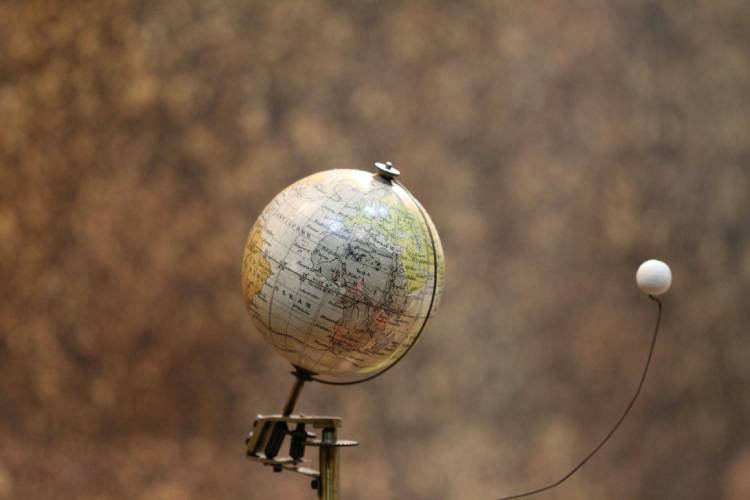by Karen A. Bellenir
Father’s Day often turns people’s thoughts toward their earthly fathers. Some may also honor their heavenly father. With this in mind, I’d like to offer these excerpts from my book Our Father: Reflections on the Words Jesus Taught Us to Pray.
If there's ever a contest held for the most controversial word in the Lord's Prayer, surely this one will be a top contender: Father.
My own earthly father demonstrated some of the best qualities of fatherhood. And some less so. As I navigated my final years of adolescence, he expressed a deep disappointment over choices I made. Admittedly, some of my choices were regrettable, but others merely represented the growing distance between us.
Many young people go through similar periods of alienation from one or both parents. For the lucky ones, adulthood brings reconciliation. Dad and I never had that chance. He suffered a traumatic brain injury in an automobile accident. Although he lived through the experience, he did not recover normal cognitive functions.
So, when I encountered the admonition to address my prayers to a heavenly Father, the word Father carried too much emotional baggage. It became a stumbling block. To make matters more complicated, I understood that other people experienced issues with their earthly fathers that made mine appear saintly. Did God expect all these people to call him "Father" too?
Apparently so. God wanted to redeem the word so that I could understand his unconditional love for me. I began to see the possibility of a Father in another light with a different set of expectations. A father was one who held a child by the hand and didn't let go during the turbulent years of adolescence. A father provided guidance, offered support, and always believed the best. From a father, a child learned the social graces, a work ethic, and the obligations of piety. The wisdom to deal with disappointment and the humility to deal with happiness derived from lessons that came through the office of fatherhood.
Although it may seem counterintuitive, once I had a better idea about what a father ought to be, I could actually remember my own earthly father in a more compassionate way. He fathered me, truly. He taught me to stand in awe before nature’s wonders. He demonstrated hospitality to people from all walks of life. He respected individuals irrespective of race, social status, or language. He played with words, joyfully creating new expressions.
Although my understanding came too late to tell him so, I forgave him for what I perceived as his shortcomings. This provided me with a new experience of freedom, and I could begin to address God as Father.
Beyond these concerns, the politics of gender introduced another stumbling block. Some people reject the term. In their view, using a masculine word to define God diminishes women.
The feminine counterpart, mother, might serve some, but when I try to embrace it as a substitute, I encounter a different problem. Mother lacks ancient metaphoric associations. Sexist history taints western culture, but even if this is regrettable, it is true. Father was the specific parent who gave a name and identity to the family. Father was the parent responsible for providing for the family. Father was the parent who trained up a child for a trade or consented to a marriage.
I don't argue with people who prefer to address God as mother. I respect their journeys in linguistic evolution. In communal prayer, I can even join my thoughts with theirs. But, in the quiet of my own heart, I’m not one of them.
When I pray to God the Father, I’m not addressing a male authority figure. I'm simply addressing the divine parent who gives me spiritual identity and spiritual belonging. I'm praying to the transcendent One who is concerned about training me for my mission in life. If you prefer to address your prayers to a differently titled spiritual parent, go ahead. For myself, I've made peace with Father.
Excerpted and reprinted with permission from Our Father: Reflections on the Words Jesus Taught Us to Pray.



